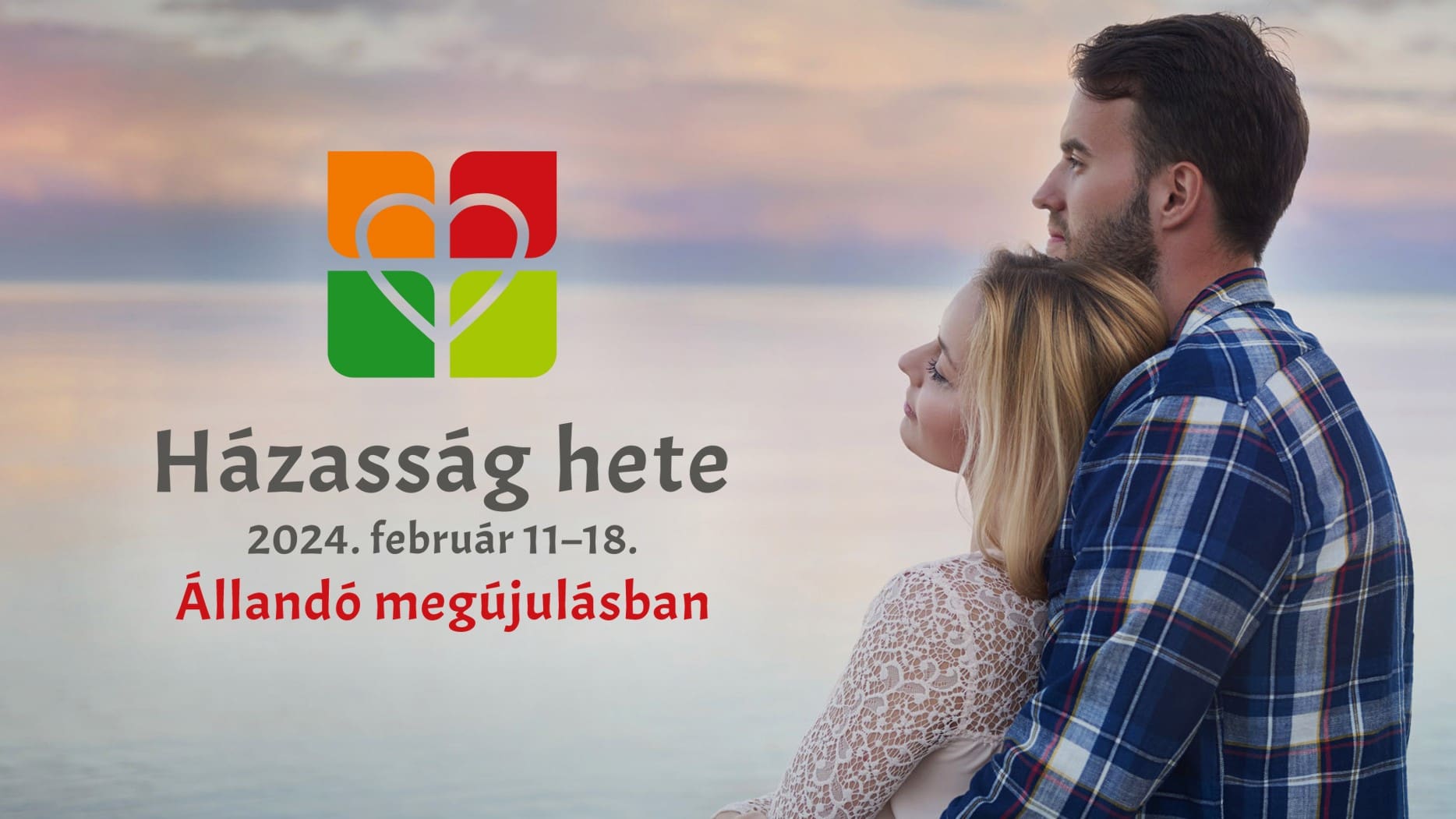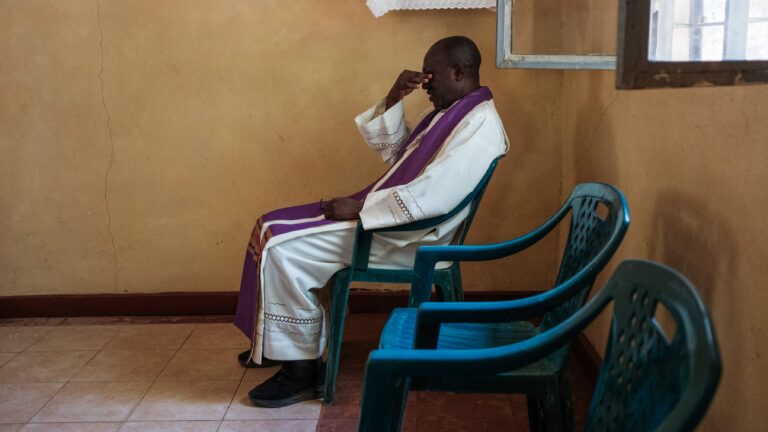Sunday marked the beginning of the Marriage Week event series. Organized by Christian churches and civil organizations, the event aims to draw attention to the values of marriage and family with over 200 programmes in more than 50 locations over the course of a week.
In their statement, the organizers wrote that this year’s motto for Marriage Week is ‘constant renewal.’ Throughout the series of events, the organizers will explore how couples can, in today’s rapidly changing environment, focus on each other, grow together, renew their marriage, find new common goals, and adapt together to new life situations.
The national coordinator of Marriage Week, Kornél Herjeczki, director of the Harmat Publishing House, stated that the aim of the movement is to provide impetus and encouragement for couples to actively play an initiating role in renewing their relationship. The coordinator emphasized that this year’s Marriage Week aims not only to address young couples but also to encourage those facing the entirely new challenges of the second half of their marriage, such as adjusting to new goals and lifestyles after their children ‘fly the nest.’
The central programme series began with a festive worship service at the Reformed Great Church in Debrecen, where Bishop Károly Fekete delivered the sermon.
On Tuesday, psychologist Emőke Tapolyai, founder and professional leader of the Kandela Center, will hold an online lecture on the Marriage Week Facebook page. On Wednesday, a musical worship service combined with blessings will take place at the Lutheran Church in Deák Square, featuring the participation of the Budavár Gospel Choir and a sermon by Dean Ferenc Cselovszky. On Thursday, a conference titled ‘Family and Connections’ will be organized by the Three Princes, Three Princesses Movement at Corvinus University, and on Friday, Csűrös-Varga Vanda, a Reformed pastor, Tamás Kocsis, a Greek Catholic priest, and Hilda Sterczer, a mountaineer, will answer questions from the audience in Budapest at the Scruton V.P. community space. On Saturday, under the title ‘For Better or Worse, Better!’ Károly Komjáthy, a staff member of the Biblical Marriage Care Service, will give a lecture at the Pasarét Reformed Church. The week will conclude with a festive mass at the Inner City Parish Church (Church of the Blessed Virgin Mary), celebrated by Auxiliary Bishop Kornél Fábry of the Esztergom-Budapest diocese.
In addition to the central programmes, organizers await participants in various Hungarian and transborder locations with lectures, discussions, musical evenings, couple adventure tours, and church events.
The Marriage Week event series started over two decades ago in the United Kingdom, and Hungary joined the movement in 2008.
According to surveys conducted by the Kopp Mária Institute (KINCS), nine out of ten Hungarians consider marriage to be the best form of a romantic relationship, and the majority of young people also aspire to live in a marriage.
‘In marriage, unconditional trust and dedication manifest at the highest level between a man and a woman, providing the most secure foundation for childbearing and child-rearing,’ stated KINCS in a press release issued on the occasion of Marriage Week. The research examining the mental state of Hungarians clearly highlights that marriage is an important factor in preserving health, both physically and mentally. Those who are married generally live longer and consider themselves happier and more satisfied than singles, the statement emphasized.
Continuing, they pointed out that despite the fact that the institution of marriage is often criticized, relativized, and deemed outdated in today’s societies, KINCS’s research proves that even today, nine out of ten Hungarians still consider marriage to be the best form of romantic relationship. ‘A large portion of young people aspire to live in marriage, which explains why a significant number of cohabiting relationships ultimately end in marriage,’ the release stated, adding that this is evidenced by the fact that the number of marriages has significantly increased by about 15,000 since 2010.
According to a previous survey conducted by the Kopp Mária Institute, young people under 30 are in favour of marriage, with 75 per cent of single respondents planning to marry in the future. Additionally, three-quarters of children are now born into marriages, whereas previously only every second new-born had married parents.
Read more:
Sources: Hungarian Conservative/KINCS








